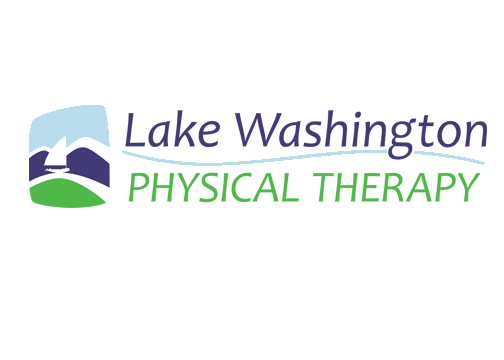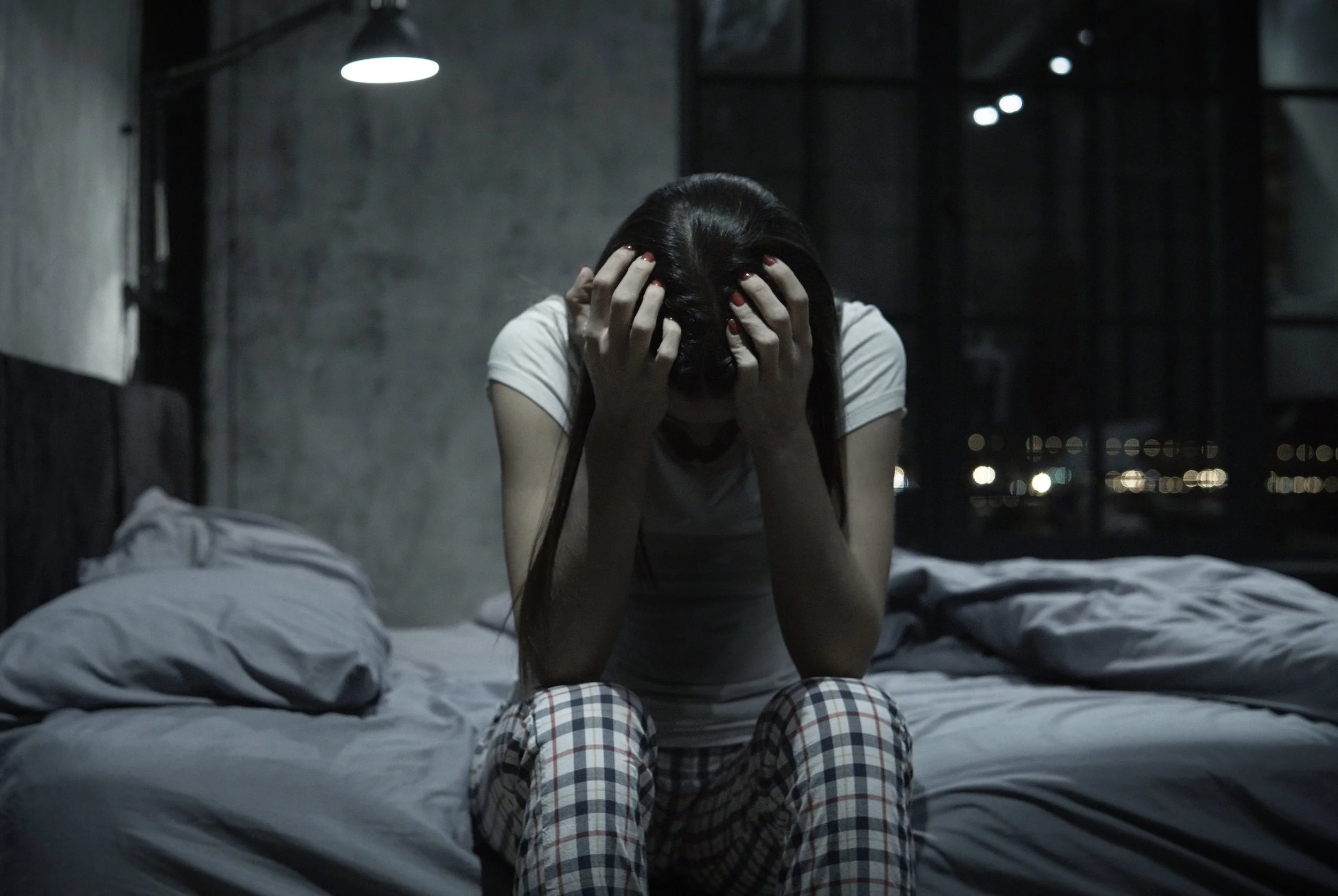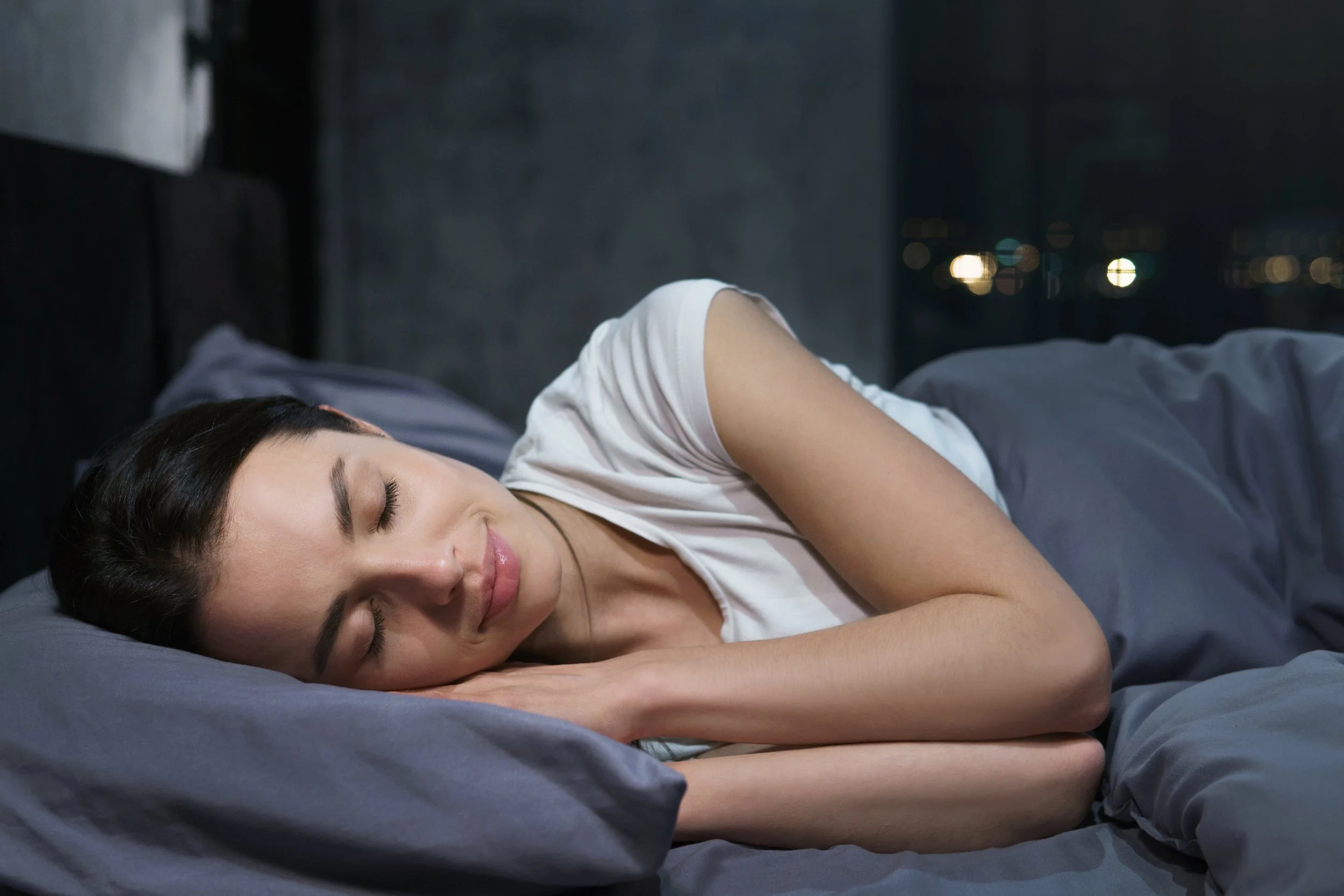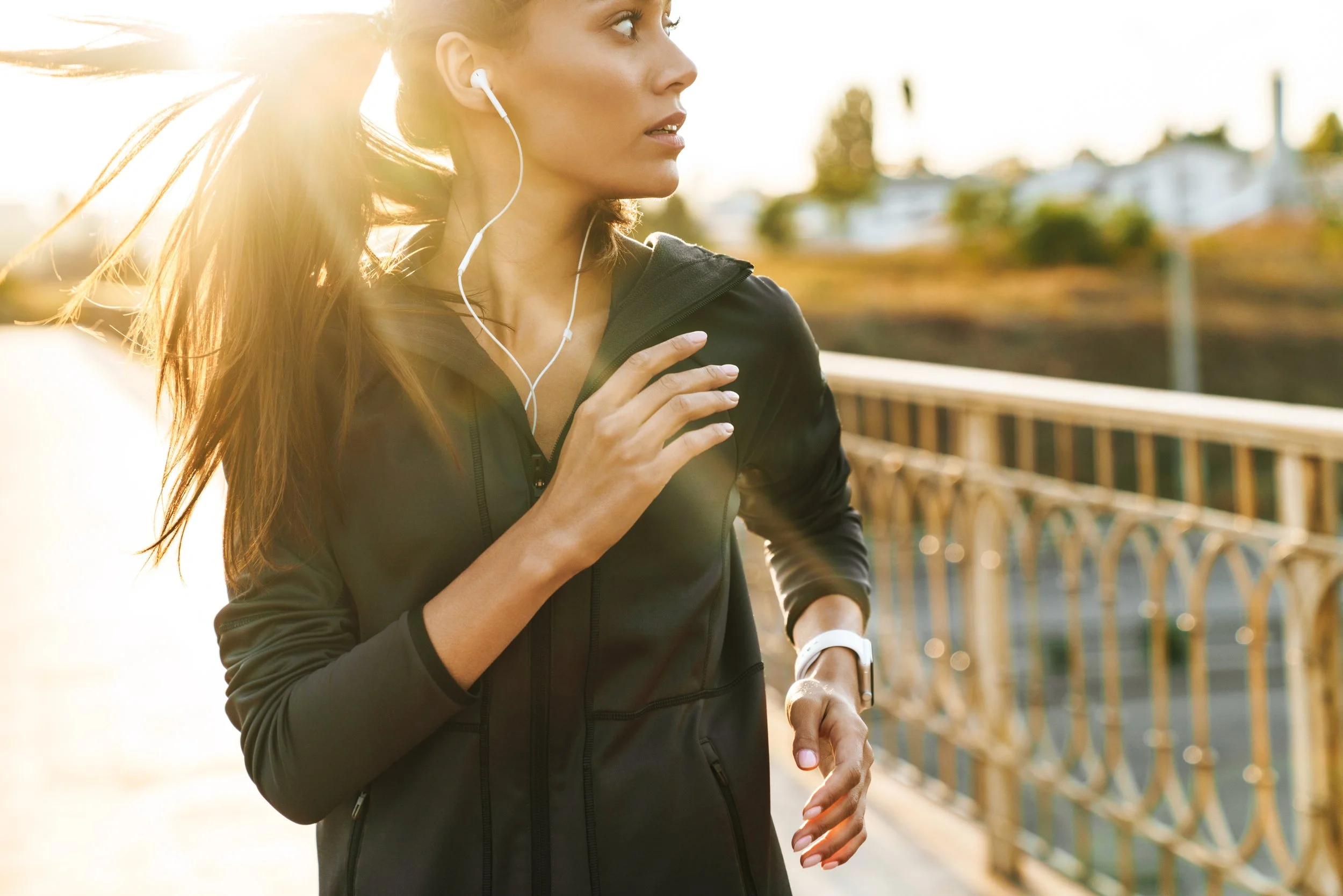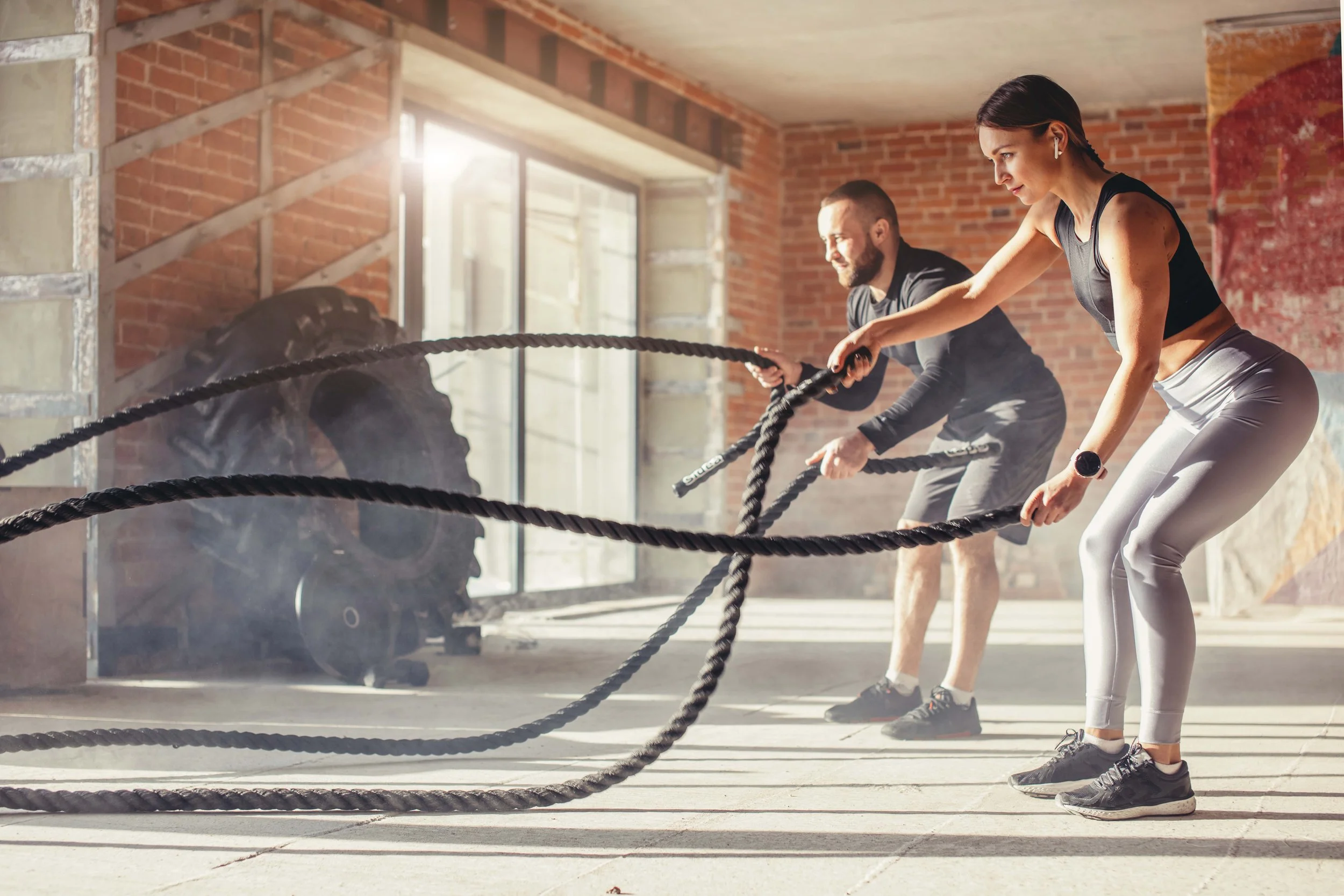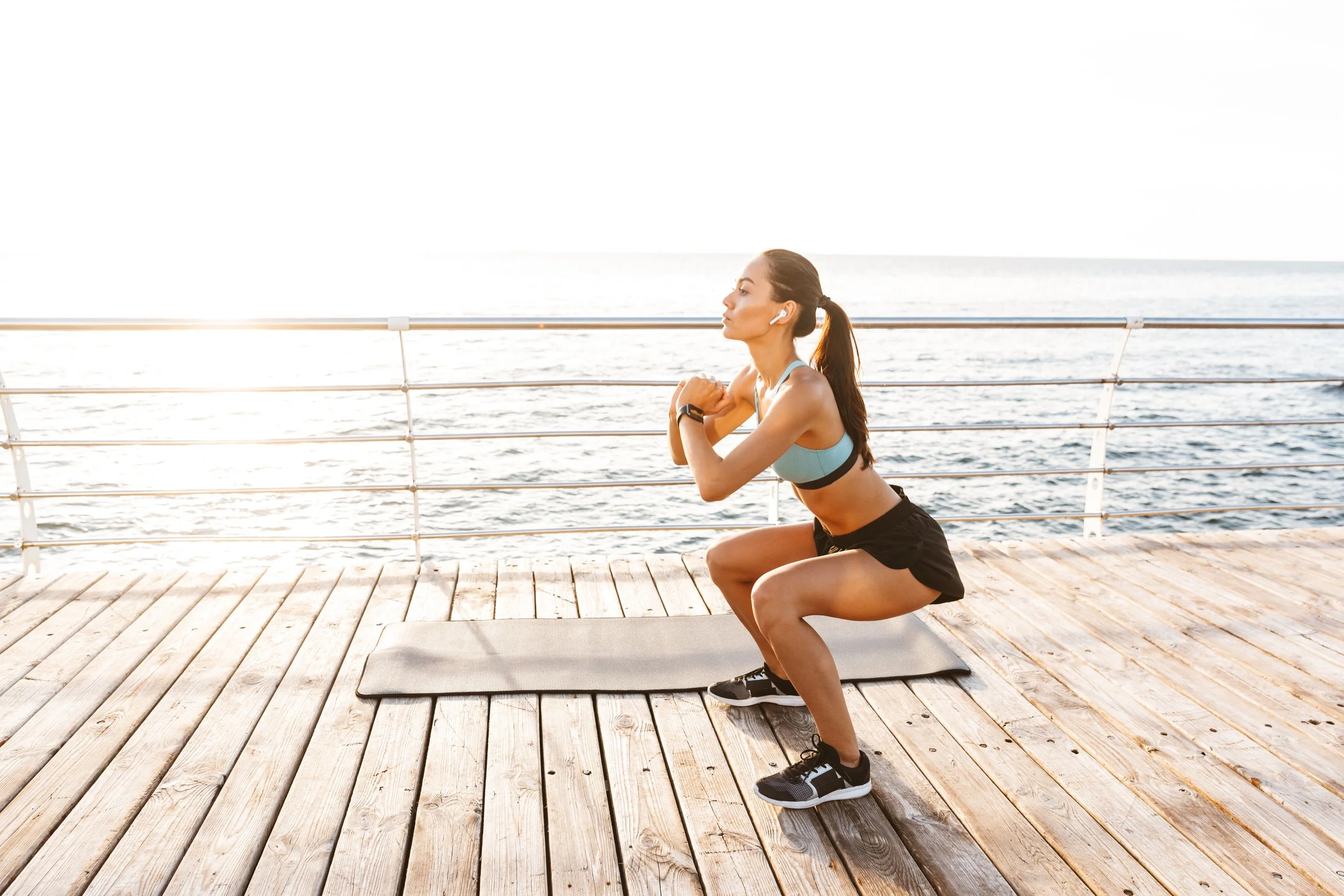Don’t Sleep on the importance of sleep
How much sleep are you getting these days? Summer is here which means the sun is setting later into the evening, warmer weather, kids on summer break, and social life starting to ramp up - all which add up to make for long days and short nights. Now add on the stressors of life, work, sports, exercise training, recovery from injury and potentially summer school; it's a no brainer as to why so many people get exceptionally poor sleep. The American Sleep Association reports that 5% of adults get less than 7 hours of sleep during a typical 24 hour period with 37% of 20-39 year olds and 40% of 40-59 year olds reporting short sleep durations. That's not accounting for the 50-70 million US adults who have some sort of sleep disorder as well. If you were to ask people around you, a good majority of them would state that they know that they get poor sleep but do they know how significant it is, and how detrimental it is to get inadequate sleep? This blog takes a look at the importance of sleep in recovery and will give you a couple of sleep hygiene tips and recommendations to help improve your overall sleep
What are the stages of sleep?
Before we look at the benefits of sleep it is important to know the different stages of sleep and what goes on in each of these stages. Sleep can be broken down into 2 separate cycles, Non-Rapid Eye Movement (NREM) and Rapid Eye Movement (REM). NREM is predominantly during the early parts of sleep and decreases in intensity and duration as the sleep progresses. In NREM you have 3 subcycles; Stage 1 is mostly known for going from wakefulness to sleep and occurs just after you close your eyes, and is the lightest part of your sleep. Stage 2 of NREM is when you start to get into deep relaxation as your body prepares to head into the deepest stage of sleep. Stage 3 of NREM is classified as slow wave sleep and is when you start getting into deep sleep. This stage is vital in physical recovery as it plays an integral part with the release of Growth hormone. (Doherty, R. et al) The second major cycle of sleep is classified as REM, which is more intense and extensive toward the end of your sleep period. In REM, the brain becomes more active and your eyes begin to move rapidly while closed. This stage is when your dreams occur and creative abilities are improved. Sleep in most individuals occupies between 20-40% of the day and serves multiple restorative functions in the body and brain through numerous biological processes and symptoms.
““Sleep is one of the most important aspects of our life, health and longevity and yet it is increasingly neglected in twenty-first-century society, with devastating consequences: every major disease in the developed world - Alzheimer’s, cancer, obesity, diabetes - has very strong causal links to deficient sleep.””
How does sleep help our body?
These sleep stages, as you have read, all have different effects on the body. Sleep improves memory recall, regulates glucose metabolism, reduces mental fatigue, and plays an important role in tissue repair and immune-inflammatory responses. Studies show that sleep is considered an effective recovery strategy by 95% of practitioners that are in charge of recovery. The most important stages of sleep, where recovery occurs, is in stage 2 and stage 3 of NREM. In NREM stage 2, motor skill improvements are made as your body begins to enter into deep sleep and prepare for the changes that occur in stage 3. Stage 3 is vital for physical recovery due to the fact that growth hormones begin to be released. Along with growth hormones being released in this phase, prolactin and melatonin are released in this phase which contribute to the downregulation of the sympathetic nervous system. Simply put, the release of growth hormones, prolactin and melatonin lead to reduction in irritability of the nervous system and decreases pain. When someone isn't able to get to stage 3 of their NREM cycle due to reduced sleep times or poor quality of sleep, a person will have increased catabolic and reduced anabolic hormones. You might know catabolic hormones as cortisol, glucagon and adrenaline whereas anabolic hormones are commonly known as growth hormones. With increased catabolic hormones (IE adrenaline) and reduced anabolic hormones (IE growth hormones) the body will have impaired muscle recovery, and impaired muscle protein synthesis which leads to blunted training recovery. (Doherty, Rónán et al.) Whether you are a well conditioned athlete, recovering from surgery, or dealing with chronic pain, sleep is vital part to your recovery because getting a good night of sleep will improve tissue repair, improves glucose metabolism, and improves immune-inflammatory response which are vital to rehab and recovery. (Chennaoui, Mounir et al.)
How important is sleep to athletic performance?
A common population group that suffers from poor sleep which leads to detrimental effects in their recovery are athletes. Athletes are described as a person who is proficient in sports or other forms of physical exercise. So, although you might not be playing on a professional team, if you are active and partake in regular physical exercise (hint: working out at PT), you fall under this category. It is commonly known that regular physical activity correlates to better sleep but this isn’t necessarily true all the time. The timing in which you partake in your physical activity is critical. If you are partaking in physical activity within 3-4 hours from your bedtime, this can have negative effects on your sleep hygiene as your body takes roughly around that amount of time to come back down to a completely relaxed state. Several sleep studies have taken a look at sleep quality and disturbances in athletes and have noted that anywhere between 50-80% of athletes experience sleep disturbances and 22-26% of athletes experience highly distrubed sleep. Negative impacts in sleep quality and quantity for athletes come from a lot of potential variables. Athletes experience changes in sleep through various variables, from playing under bright lights in stadium/fields/playing arenas, excitement from game or from new PR, match outcome related mood variations and even playing an away game with added travel time all have negative impacts on sleep. That’s not considering the use of electronic light from media devices at night, the consumption of caffeine, pre workout and/or alcohol, day time napping, stressors of early morning training session times, or inconsistency in match/ workout schedules (Nédélec, Mathieu et al.). As you can see, sleep for athletes and anyone in general is fragile and can lead to sleep deprivation. Deprivation of sleep puts additional stress on a person's already stressful life and the stress imposed by exercise itself. Sleep deprivation can lead to physiological dysfunctions that have adverse effects on rehab and recovery. It is important for athletes to put more effort and more focus on improving our sleep.
How do we improve our sleep?
Now that we know the importance of a good night's rest, how do we improve our sleep? It all starts with analyzing your current sleep hygiene. Sleep hygiene are the habits that you form that have a lasting impact on your sleep performance. Start off by establishing a bedtime routine at least an hour before bed to try and relax the mind. Turn off/limit cell phone usage 30 minutes prior to bed, practice relaxation breathing, drink chamomile tea, take a bath, meditate or pray, read a book or listen to calming/relaxing music are common ways to help you unwind and start preparing yourself for bed. It is important to note that if you are not tired don't force yourself to go to bed as this can often lead to becoming discouraged with the inability to go to bed. With work from home now relevant it is also important to only use bed for sleep and/or intimacy. Treating bed as a second lounge or even work space can lead to losing the specialty of bedtime effects. Some other tips to better your sleep hygiene and get a good night's rest is to reduce or stop alcohol consumption, don't workout 3-4 hours prior to bedtime, limit/avoid caffeine intake, and avoid late night meals as this forces your body to stay awake to try and break down food and beverages. Another helpful tip is to improve your room setup, try turning the alarm clock toward the wall or keep your cell phone face down to decrease light in the room, invest in black out curtains, and maintain the room at 65-75 degrees. All people should aim to get between 7-7.5 hours of sleep per night as this allows for adequate progression through REM cycles. Last bit of advice that can always help is documentation of what's successful and what isn't for you. Keeping a diary of what you respond well to or not well can give you a better idea of how to best improve your sleep hygiene. As you know, things change and what might have not worked before to help improve your sleep hygiene could help improve it years later down the road.
Sleep matters to your rehabilitation.
Put an emphasis on sleep and know that, just like water intake, eating food, stretching and working out, our body needs sleep to recover. Don’t sleep on the importance of sleep, as it is how our body repairs itself and allows for pain reduction, muscle repair and improvement in mental capacity. Take your rehabilitation seriously and give your body the rest it deserves.
AUTHOR:
Cole Graves, PT, DPT
LWPT Redmond
Ben Wobker, PT, MSPT, CSCS, CFSC, SFMA
Founder & Director Lake Washington Physical Therapy
CONTRIBUTORS:
Dr. Gary Chimes, MD
Lake Washington Sport & Spine Physiatrist
Dr. Irene Young, MD
Swedish Physical Medicine & Rehabilitation
References
1. (Chennaoui, Mounir et al. “How Does Sleep Help Recovery from Exercise-Induced Muscle Injuries?” Journal of science and medicine in sport 24.10 (2021): 982–987. Web.)
2. Doherty, Rónán et al. “The Sleep and Recovery Practices of Athletes.” Nutrients vol. 13,4 1330. 17 Apr. 2021, doi:10.3390/nu13041330
3. Nédélec, Mathieu et al. “Stress, Sleep and Recovery in Elite Soccer: A Critical Review of the Literature.” Sports medicine (Auckland) 45.10 (2015): 1387–1400. Web.)
4. Walker MP. Why We Sleep: Unlocking the Power of Sleep and Dreams. New York, NY: Scribner, an imprint of Simon & Schuster, Inc.; 2018.
5. Ferriss, T. (2015). 5 Tools I Use For Faster And Better Sleep. [online] The Blog of Author Tim Ferriss. Available at: https://tim.blog/2015/10/17/5-tools-i-use-for-faster-and-better-sleep/ [Accessed 8 Aug. 2017].
Information provided on lakewashingtonPT.com and all of its web pages is intended for general educational and entertainment purposes and is not intended to be medical advice to you or any other person. You should always consult with your own medical provider about your health and medical questions and never rely on this or any other web site alone to make medical decisions. Never delay seeking medical advice or disregard any medical advice you have received from your provider because of anything you read or hear on this website.
